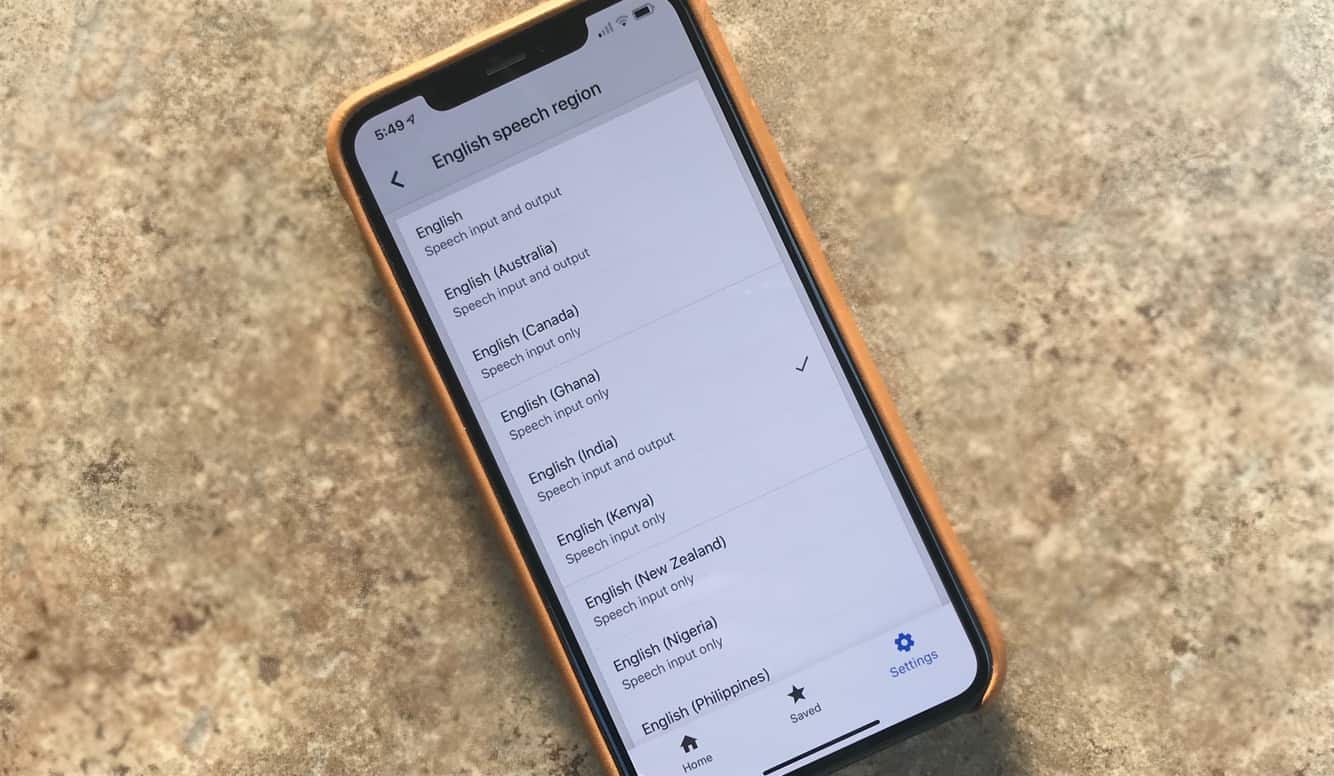

Having said that, British people do sometimes use it when expressing anger… Something may be “bloody marvellous” or “bloody awful“. Don’t worry, it’s not a violent word… it has nothing to do with “blood”.”Bloody” is a common word to give more emphasis to the sentence, mostly used as an exclamation of surprise. There could be any number of reasons why a person would use “ta” instead of “thanks” or “thank you” or “cheers.”īloody. It’s nice and short, comes across friendly, and unselfconscious in flavour. Having said that, British people do sometimes use it when expressing anger… Why do Brits say ta?īecause it’s an informal form of “thank you” among many British people. Pronounced ‘uss-ee’ – and rhyming with ‘fussy’ – the word marks the growing trend for people squeezing their friends into their camera frame, as well as themselves. Selfie was named ‘word of the 2013’ by Oxford Dictionaries but now there’s a new term on the block: the usie. This phrase is used to confirm or agree with something that another person has just said. Why do Brits say innit? “Innit” is an abbreviation of “isn’t it” most commonly used amongst teenagers and young people. Sources report that in the US the term was in use by the late 19th century, although it is much less common now, and mainly is used in the sense of “stupid” or “worthless” person. “Mug” is more specifically London slang and is associated with the cockney accent. This is British slang for a girl or a woman. How do you say strawberry in British? How do you say schedule in USA?

Why do British say Cheerio? Cheers or cheerio is supposed to derive from the 18th C when people would summon a sedan chair by shouting “Chair ho!”, meaning “Chair handlers, come over here!” Since it was something people did at the end of an evening, when they parted company from their host, it came to mean “Goodbye”. … Although it’s not used in American English, it is understood by English speakers all over the world. The word “mate” is very common in Australian and British English and can help you sound a lot more natural when speaking Englsih in these places. ‘What about ye?’ is popular in Northern Ireland and is another way of saying ‘How are you?’ ‘Howay’ is popular in the north east of England and means ‘let’s go’ or ‘come on’. ‘ Hiya‘ or ‘Hey up’ – these informal greetings both mean ‘hello’ and are especially popular in the north of England. How do the British say watermelon? How do the British say banana?

All site visitors may choose to use similar tools for their translation needs. Also Is Google Translate British or American? American English provides Google Translate as an online tool for its users, but American English does not directly endorse the translation service or imply that it is the only solution to users.


 0 kommentar(er)
0 kommentar(er)
